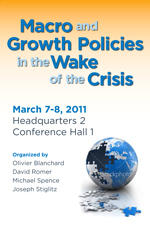Washington, DC, March 7 and 8, 2011
Macro and Growth Policies in the Wake of the Crisis
SESSION II: Fiscal Policy
Before the crisis, there was broad consensus that monetary policy should be the primary tool of stabilization policy and that fiscal policy should play little role beyond allowing automatic stabilizers to operate. But almost all major countries used discretionary fiscal policy during the crisis. Moreover, the loss of revenues from the crisis and (to a smaller extent) the discretionary fiscal response have exacerbated a long-term trajectory that in many countries was not sustainable even before 2008. These developments raise a host of issues.
CHAIR
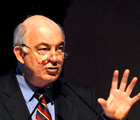 | Kemal Dervis Kemal Dervis, a citizen of the Republic of Turkey, is Vice president for Global Economics and Development at the Brookings Institution, Washington, DC, a member of the Board of Overseers at Sabanci University, Istanbul, and the former Executive Head of the UNDP, from 2005 to 2009 More |
DISCUSSANTS
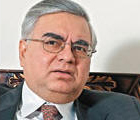 | Partho Shome Partho Shome is Director and Chief Executive, Indian Council for Research on International Economic Relations (ICRIER), New Delhi. More |
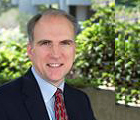 | David Romer The Macroeconomic Effects of Tax Changes Do Tax Cuts Starve the Beast? The Effect of Tax Changes on Government Spending David Romer is the Herman Royer Professor of Political Economy at the University of California, Berkeley. More |
 | Sri Mulyani Indrawati Sri Mulyani Indrawati is Managing Director of the World Bank. More |
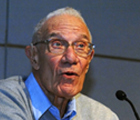 | Robert Solow
New Ideas for a New World: Robert Solow—Watch the video interview Robert Solow is Professor Emeritus at Massachusetts Institute of Technology. More |

